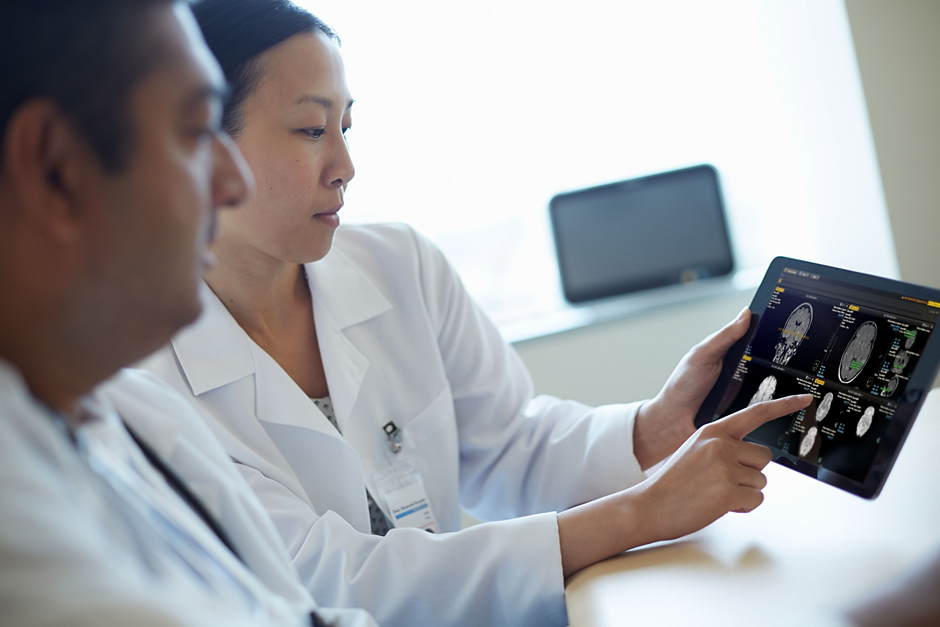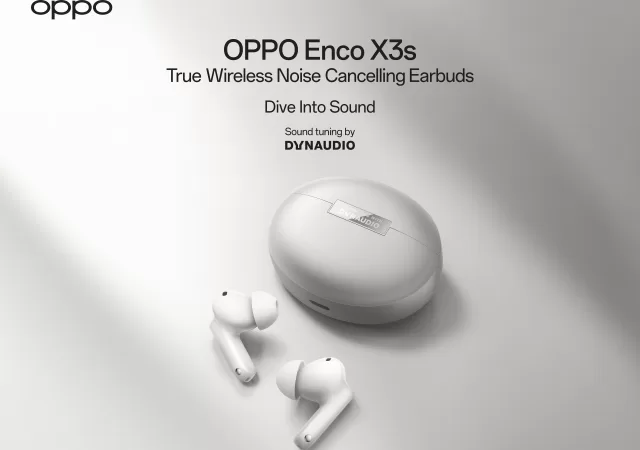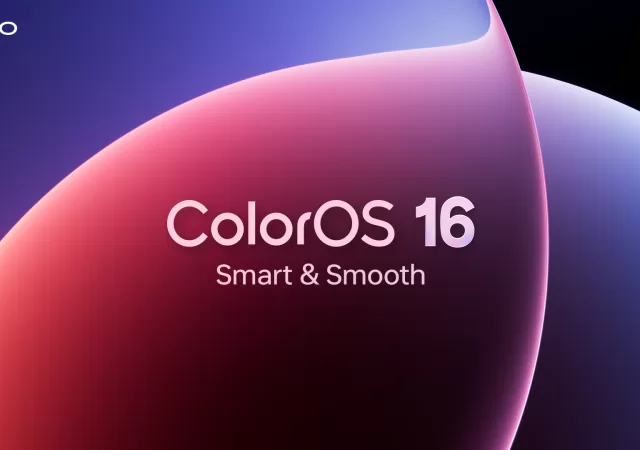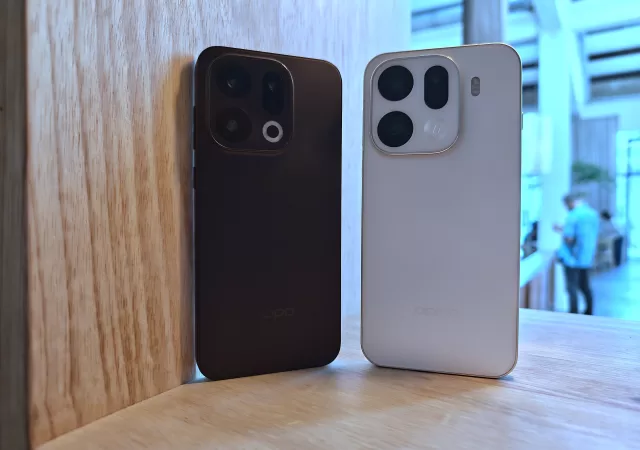Artificial intelligence (AI) is the science and engineering of creating machines or computer programs that can sense, reason, act, and adapt to come up with solutions for problems. As this definition shows, AI in itself is not a solution but rather a set of methods from which solutions can be developed.
Amongst the benefits of AI is its ability to imitate human cognitive behavior by analyzing data and its surroundings, solving or anticipating problems and self-learning to adapt to a variety of tasks.
Globally, healthcare systems are facing various challenges. This includes an ever-increasing aging population[1], escalating healthcare costs, operational inefficiencies, staff shortage, value-based reimbursements, higher percentage of deaths accounting to chronic illness, as well as an annual wastage of up to $750 billion on healthcare as seen in the United States alone. Against the background of these challenges, healthcare is also undergoing rapid digitalization.
For example, over the past decade, there has been an increase in growth of computational power, while the cost of data storage has dropped dramatically. As a result, the amount and quality of stored digital medical data has increased tremendously. However, there is a growing concern in healthcare that only a fraction of this data is being used to improve the quality and efficiency of care. The growth rate and diversity of medical data has far outpaced our ability to analyze it.

Recognizing this, Philips has developed intelligent solutions using these data and information on hand to help healthcare providers achieve improved health outcomes at a lower cost, while providing better staff and patient experience.
Philips Redesigning Medical Technology for Better
Philips offers a broad spectrum of solutions that spans the health continuum, from healthy living and prevention to diagnosis, treatment and home care; especially supported by its deep understanding in clinical needs, workflows, and regulations, as well as departmental and hospital workflows.
Spending approximately EUR 1.8 billion annually on R&D, innovation[2] is core to Philips’ growth strategy in health technology. In recent years, Philips has significantly improved its research in software and data science and today, almost one in every two of Philips’ R&D professionals focuses on the field of health technology.
On top of working closely with clinical partners across the globe – healthcare providers, academia, and hospital networks, Philips is among the top 5 healthcare IT companies with approximately EUR 3 billion in healthcare IT-related sales and has successfully developed the Philips HealthSuite Platforms, a digital framework that connects consumers, patients and healthcare providers in a cloud-based health ecosystem of devices, apps and tools.

Philips IntelliSpace Discovery offers an integrated AI solution that enables the entire process of generating new AI applications, providing data integration, training and deployment in the research setting.
Recognizing that public trust is paramount and understanding that health data is among the most sensitive types of personal data, Philips takes the growing risk of cybersecurity threats to its products very seriously. Security plans encompass people, processes and technology, with the goal of ensuring the confidentiality, integrity and availability of critical data and the systems that house that data.
How AI Can Help
Over the next decade, smart systems will be able to aggregate information from multiple sources that currently remain trapped in silos. For example, each individual patient’s data will be pulled together from the systems that are used in his/her GP surgery, hospital or specialist center, such as different Electronic Medical Records, diagnostic and monitoring solutions.
Today, slowly but surely, ASEAN countries are adopting AI and its elements to ensure systematic and efficient workflow within the healthcare industries.
Here is a quick look on how Philips is applying AI to address the challenges within healthcare industry:
- Clinical informatics & decision support – Philips IntelliSpace Portal offers an advanced visual analysis and quantification platform that uses machine learning to learn about the clinician’s workflow. It then automatically configures the system to apply the appropriate processing to specific types of studies to speed up their analysis.
- Acute care – Philips IntelliVue Guardian System with Early Warning Scoring (EWS) aids in identifying subtle signs of deterioration in a general floor patient’s condition at the point of care. IntelliVue Guardian automated EWS helps to reduce ICU transfers and readmissions, and adverse events.
- Home care – Philips CareSage, a predictive analytics technology that helps prevent avoidable hospital admissions and emergency room visits among the frail and elderly and DreamMapper, a mobile app that allows people with sleep apnea to track their therapy progress so they can take an active role in their therapy. It is designed to quickly correlate data on therapy usage, mask fit and apnea hypopnea index (AHI) readings to help improve treatment success.
[1] www.nia.nih.gov/research/publication/global-health-and-aging/preface. Published October 2011. Updated January 22, 2015. Accessed August 1, 2015.
[2]https://www.philips.com/a-w/about/news/archive/standard/news/press/2018/20181108-philips-provides-update-on-performance-and-value-creation-journey-at-capital-markets-day-in-amsterdam.html






